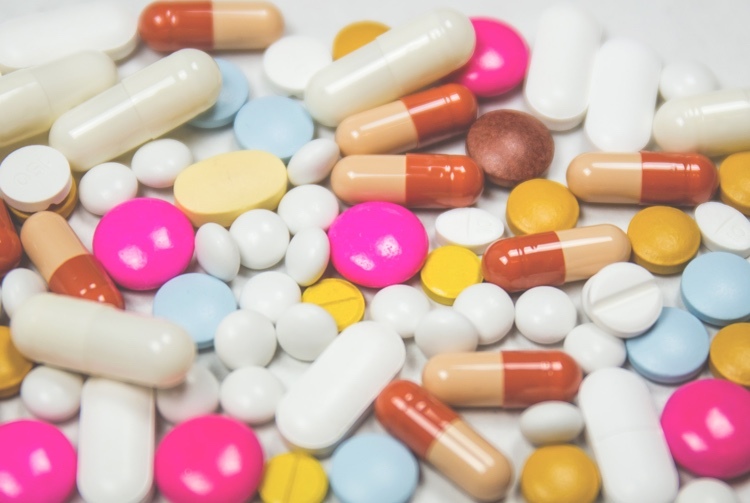Oral antibiotics for acne

Oral antibiotics are typically prescribed when topical treatments fail or for acne on larger areas of the body where applying topicals is impractical. They are also used for severe acne when Accutane (isotretinoin) isn’t an option.
How Do Oral Antibiotics Work on Acne?
Oral antibiotics are like a temporary "reset button" for your skin. They help reduce acne in the short term by targeting the bacteria (Propionibacterium acnes) that contributes to breakouts and calming inflammation. While effective at clearing up skin quickly, they’re not a long-term solution. To keep your results, it’s crucial to pair antibiotics with a solid anti-acne skincare routine.
A typical course of antibiotics lasts 3-4 months. Once you’re done, topical treatments like benzoyl peroxide, salicylic acid, or retinoids are key to maintaining your progress and preventing future breakouts.
The Most Common Antibiotics for Acne
Two of the most commonly prescribed oral antibiotics for acne today are minocycline and doxycycline. These newer antibiotics are more effective and have fewer side effects than older options like tetracycline.
Doxycycline
- Brand names: Vibramycin, Doxy 100, Oracea, Monodox.
- Pro tips for taking doxycycline:
- Always take with a full glass of water to avoid irritation in your esophagus.
- Stay upright for at least 30 minutes after taking it.
- Be mindful of the sun! Doses over 100mg/day can make your skin extra sensitive to UV rays.
- Common side effect: Upset stomach (so taking it with food might help).
Minocycline
- Why it’s popular:
- It’s less likely to cause antibiotic resistance compared to doxycycline.
- Can be taken with dairy (yay for no food restrictions!).
- Reduces inflammation, making it a double-whammy for acne treatment.
- Things to watch out for:
- Rare side effects: Dizziness (more common with immediate-release versions than extended-release).
- Long-term use could potentially cause hyperpigmentation (brown spots on acne scars or other areas).
Less Common Antibiotics for Acne
While doxycycline and minocycline are top picks, other antibiotics are sometimes prescribed but come with more risks or lower effectiveness:
- Sulfamethoxazole-trimethoprim:
- Effective for severe acne, but it’s not a first choice because it can cause serious side effects.
- Azithromycin:
- Typically reserved for more severe conditions than acne. It’s less effective as an anti-inflammatory compared to minocycline.
Oral Antibiotics Are Short-Term, So What’s Next?
Oral antibiotics can jump-start your acne treatment, but they’re not a permanent fix. For long-term results, you need to transition to topical treatments. Products with benzoyl peroxide, salicylic acid, or retinoids can help keep your skin clear after you finish the antibiotics. Check out MDacne!
Pro Tip: Pair your antibiotics with an oil-free sunscreen to protect your skin, especially if you’re taking doxycycline and spending time outdoors!
To learn more:
Should I treat my acne with Minocycline (Solodyn)?
Should I treat my acne with Doxycycline?
The risk of topical antibiotics in acne
To find the right acne treatments for your unique skin, take the free skin assessment by clicking here.



